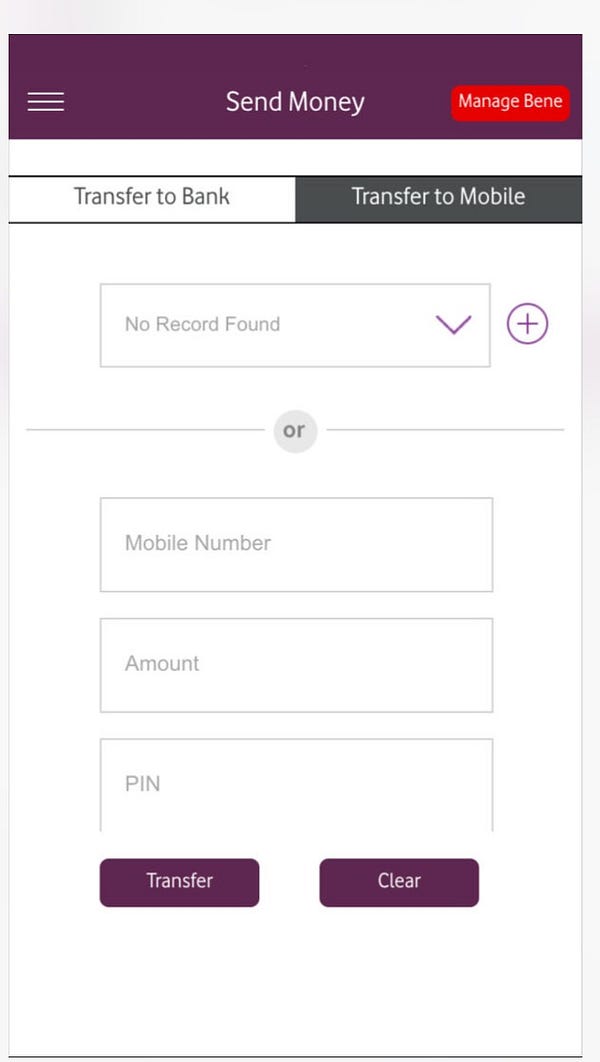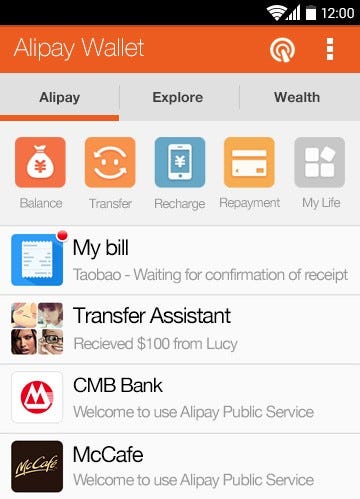This article was originally posted on my account on Medium.com on March 6th, 2017. I hope you enjoy!
I’ve seen a great deal of literature in the last year or two about the way that financial services industries are developing across the African continent. To really investigate this, look no further than Kenya, where mobile payments are easier than in Pittsburgh or Los Angeles and the leader in this market is M-Pesa (Swahili for mobile money).

96 percent of homes across Kenya us M-Pesa according to a recent report in CNET. That is the kind of market domination that Google Wallet and Apple Pay can only dream of and it is happening in a market that never really had traditional banking.
This all has had me thinking. This is one of those cases where necessity leads to the birth of innovation. It also means that companies like Apple and Google have a lot that they can learn from what M-Pesa is doing.
According to a report in Business Insider, mobile payments will make up $6.3 trillion of the payments that take place in China by the year 2020. Much like in Kenya, China didn’t develop the same kind of banking system that Europe and North America have, so they are for the most part also going through a similar LeapFrog.
This still leaves the existing banking infrastructure in China hurting. The state owned UnionPay loses out on the fees when mobile payment is used. The Financial Times in an article in August described this well.
UnionPay, along with issuing banks and acquiring banks, is hemorrhaging income from merchant fees. The trend is fueled not only by the rise of ecommerce but also by the dramatic increase of mobile payments to offline merchants such as supermarkets and restaurants.
Mobile wallet leaders like Alibaba and Tencent are dominant players in this space, while traditional banks are starting to try to get into the action. I’m truly interested to see how this will play out in the long-term, but one thing is for certain.

These companies are being faced with the challenge of minimizing elicit transactions while also growing a global network of users and agents involved in their transactions. To become an acceptable option in places like the United States, they will have to show their willingness to crackdown on those using their service for illegal services while also making sure their customers feel a sense of privacy.
One of the concerns growing out of the M-Pesa phenomenon is a fear that the platform will be used for money laundering (sound familiar to arguments against BitCoin?). In a US State Department report on International Narcotics Control Strategy, M-Pesa and the potential for money-laundering listed in the section about Kenya.
Mobile payment companies like M-Pesa, Alibaba, and Tencent are entering an era where staying afloat will be truly a balance acting. Only the most innovative companies will be able to continue adding value to the experience of their customers while also remaining a trustworthy firm.